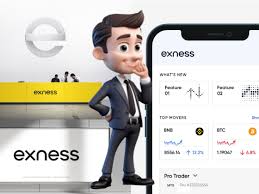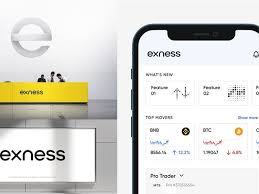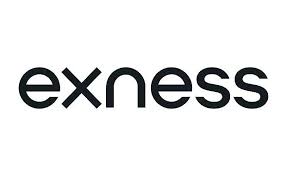
A Comprehensive Guide to Exness Fees
Understanding the Exness Fees Exness 费用 structure is crucial for traders who wish to maximize their profits and minimize their costs. As one of the leading online trading platforms, Exness offers a variety of trading services, including Forex trading, contracts for difference (CFDs), and cryptocurrencies. However, potential and existing clients need to be aware of the fees associated with their trading activities. In this article, we will delve into the different types of fees you may encounter while trading with Exness and how they can impact your overall trading strategy.
1. Types of Fees
When trading on the Exness platform, you can expect to encounter several types of fees. Below are the most common fees that traders should consider:
1.1. Spreads
Spreads are the difference between the bid price and the ask price of a financial instrument. In Exness, spreads can be variable or fixed depending on the trading account type you selected. For example, the standard account typically offers wider spreads, while the raw spread account may provide tighter spreads but with a commission fee. Understanding how spreads work is essential as they will impact your trading costs.
1.2. Commissions
In addition to the spread, Exness may charge a commission, particularly on raw spread accounts. This commission is applied per standard lot traded and can vary based on the instrument and market conditions. Traders using these types of accounts should carefully calculate their potential commissions based on their expected trading volume.
1.3. Overnight Fees (Swap Rates)
For traders who hold positions overnight, Exness applies overnight fees, also known as swap rates. These fees can either be positive or negative, depending on the interest rate differentials between the currencies in a pair. Traders should be aware of these potential fees when planning their trades, especially for long-term positions.

1.4. Withdrawal Fees
Exness does not charge any deposit fees, but withdrawal fees may apply, depending on the payment method you choose. For instance, bank wire transfers might incur a fee, while e-wallet withdrawals may be free. It’s advisable to review the specific fees related to your chosen withdrawal method.
2. Account Types and Their Fees
Exness offers several account types, each associated with specific fees and conditions. Let’s take a closer look at the primary account types available:
2.1. Standard Account
The Standard account is ideal for beginners and retail traders. It has a user-friendly interface and does not require a commission for trading. However, the spreads are generally wider compared to other account types.
2.2. Raw Spread Account
This account type is suited for more experienced traders who prefer lower spreads and are aware of commission costs. Although the spreads are tighter, traders are charged a commission per trade, making it vital to understand your trading strategy and volume.
2.3. Pro Account
The Pro account is designed for professional traders and institutions. It offers competitive spreads and lower commissions, but comes with a minimum deposit requirement and is typically used for high-frequency trading strategies.
2.4. Zero Spread Account
As the name implies, this account type offers zero spreads but comes with commissions. Traders who engage in scalping strategies may find this account type particularly beneficial, as it allows for quick entry and exit from trades without the burden of spread costs.

3. How to Minimize Trading Costs
By selecting the right account type and being aware of the various fees, traders can significantly reduce their overall costs. Here are some tips for minimizing fees when trading with Exness:
3.1. Choose the Right Account
Make sure to choose the account type that aligns with your trading style and strategy. If you trade frequently, a raw spread or zero spread account might be more cost-effective.
3.2. Plan Your Trades
Consider holding trades for shorter periods if you want to avoid overnight fees. Additionally, plan your trades around lower volatility periods to minimize the impact of spreads.
3.3. Utilize Promotions
Exness occasionally offers promotional campaigns that may reduce trading costs, commission fees, and spreads. Keep an eye out for any current promotions to make the most out of your trading experience.
4. Conclusion
Understanding Exness fees is an integral part of becoming a successful trader on this platform. By comprehensively understanding the different types of fees, including spreads, commissions, overnight fees, and withdrawal charges, traders can make informed decisions that enhance their trading experience. Whether you are a novice or a seasoned trader, being aware of these costs can lead to better trading decisions and improved profitability. Always remember to review your account type and trading strategy to ensure that you are optimizing your trading costs effectively.
In summary, being diligent about understanding the fee structure associated with trading on Exness will not only help you avoid unexpected costs but will also empower you to develop a trading strategy that aligns with your financial goals. Happy Trading!